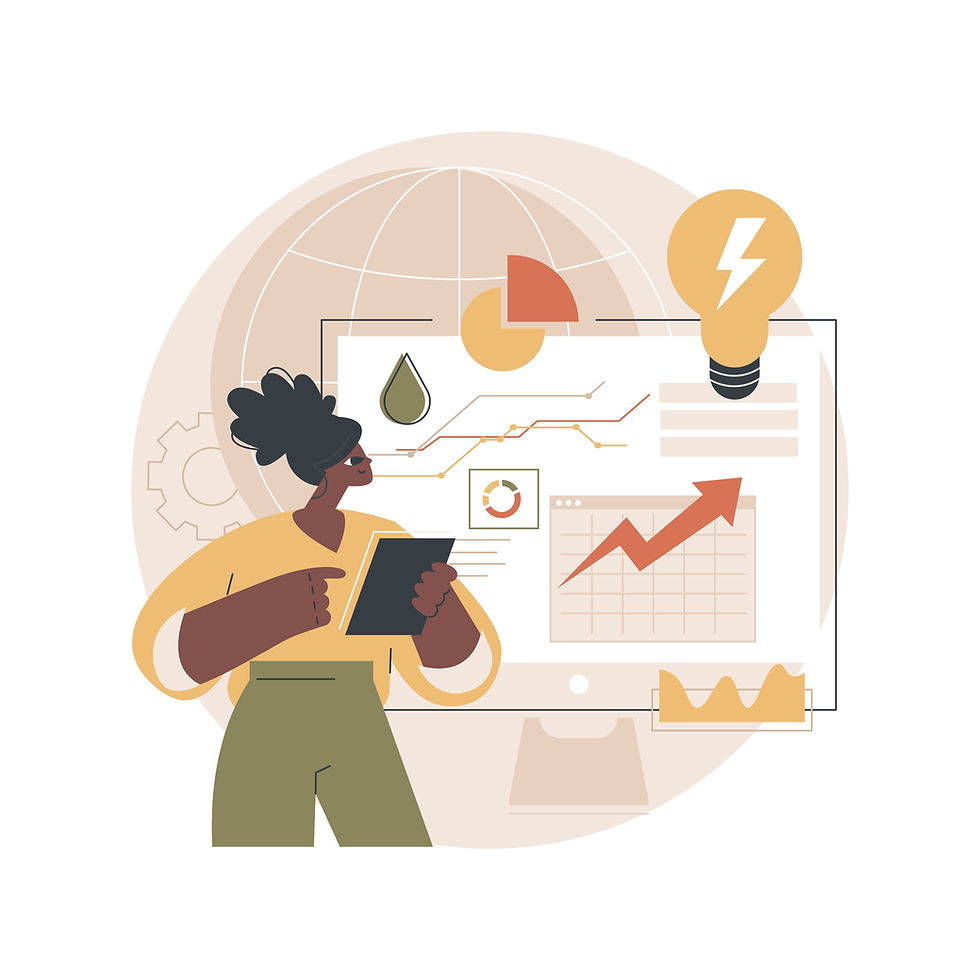Who Owns the Insights? The Rise of Data Politics
- Brinda executivepanda
- Sep 4, 2025
- 2 min read
Understanding Data Politics
Data has become one of the most valuable resources in today’s digital world. Every click, purchase, or interaction generates information that companies and go
vernments use to make decisions. But as data turns into a key source of power, questions arise: Who owns it? Who controls access? And who benefits from the insights? This debate has given rise to what is now called data politics.
Why Ownership Matters

The core issue in data politics is ownership. Businesses argue they should have rights over the data they collect, while individuals demand control over their personal information. Governments, on the other hand, want to regulate how data is used to protect citizens but also to maintain national security. These conflicting interests make ownership a complex and often controversial topic.
Data as Power
Insights derived from data go beyond numbers—they influence elections, drive marketing strategies, and shape public opinion. For example, targeted advertising can change consumer behavior, while access to healthcare data can guide policy decisions. The ability to analyze and act on data insights has become a form of power that not everyone shares equally.
The Challenges of Data Politics
Privacy Concerns: Individuals worry about how their personal data is stored, shared, or sold.
Global Regulations: Different countries have different rules, making compliance complicated for global businesses.
Ethical Questions: How much should companies profit from user data? And where should they draw the line?
Power Imbalance: Big tech companies often hold more data than governments, raising concerns about accountability.
The Way Forward
To address these challenges, transparency and balance are key. Businesses must adopt ethical practices, governments should enforce clear and fair policies, and individuals need more control over their data. Collaboration across sectors can help ensure that insights from data are used responsibly and equitably.
Conclusion
The rise of data politics shows that information is more than just a tool—it’s a source of power, control, and influence. As the debate over who owns the insights continues, the challenge will be finding a balance between innovation, privacy, and fairness. Businesses, governments, and individuals all have a role to play in shaping a future where data benefits everyone, not just a few.




Comments